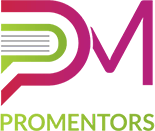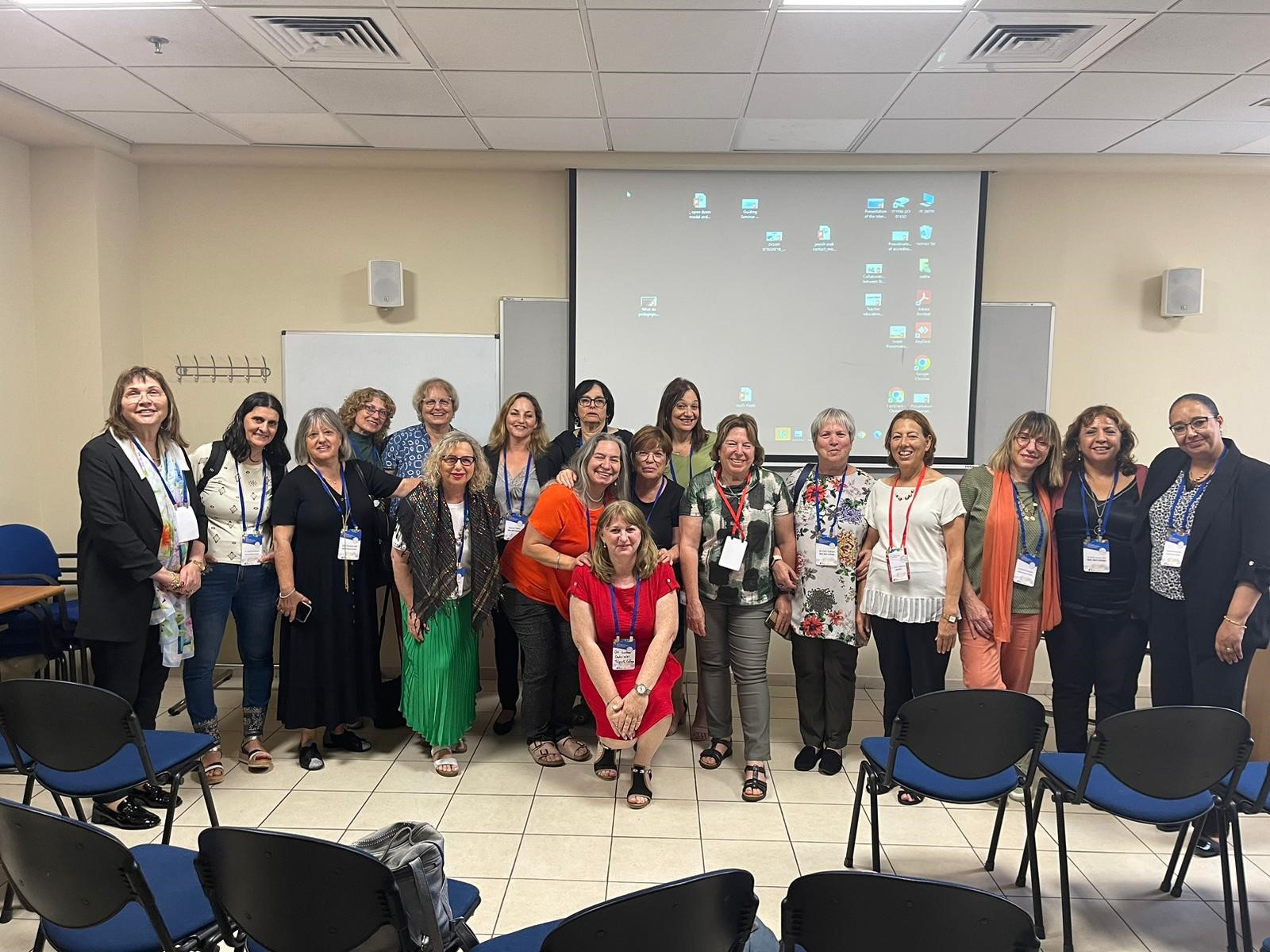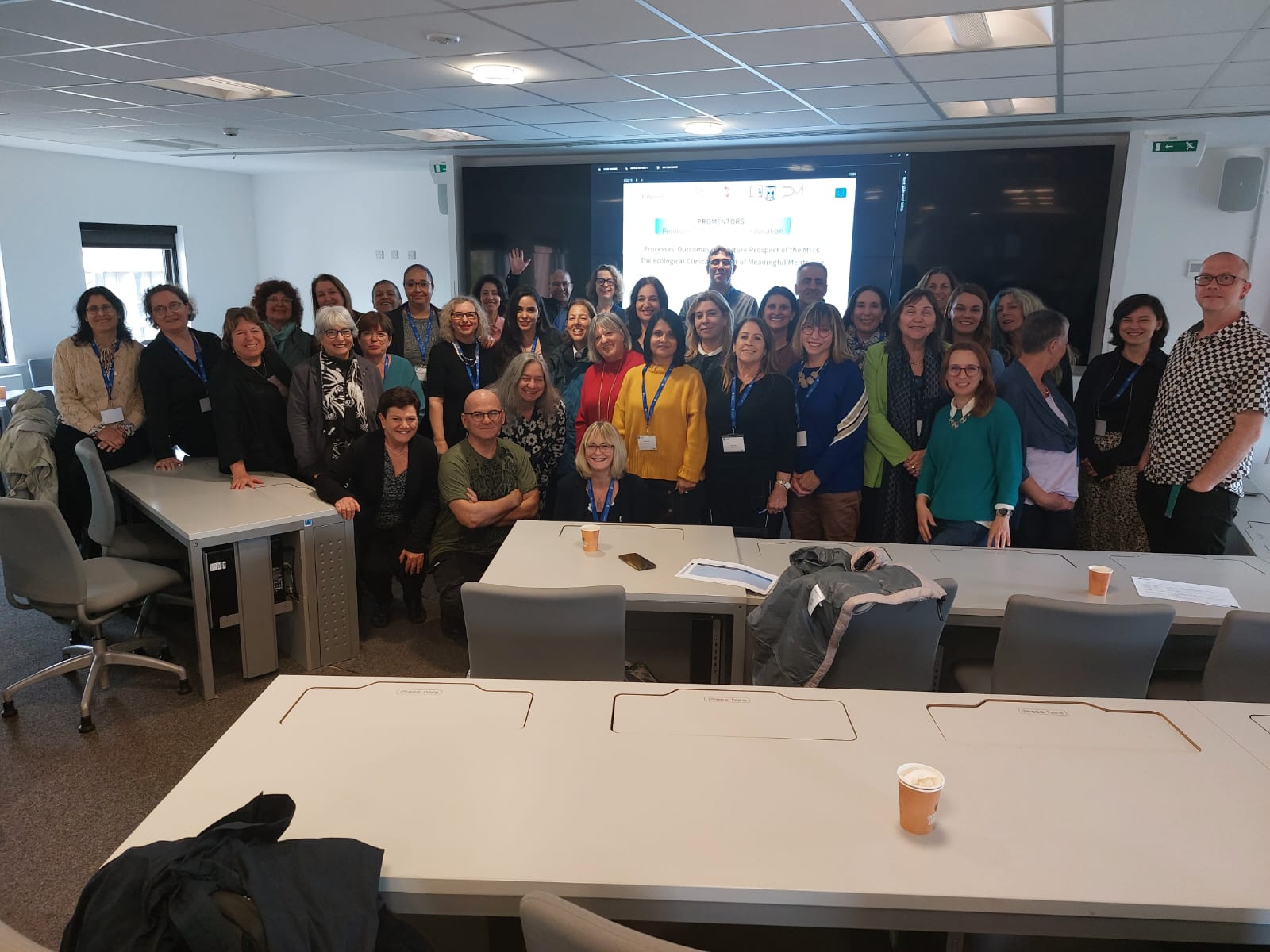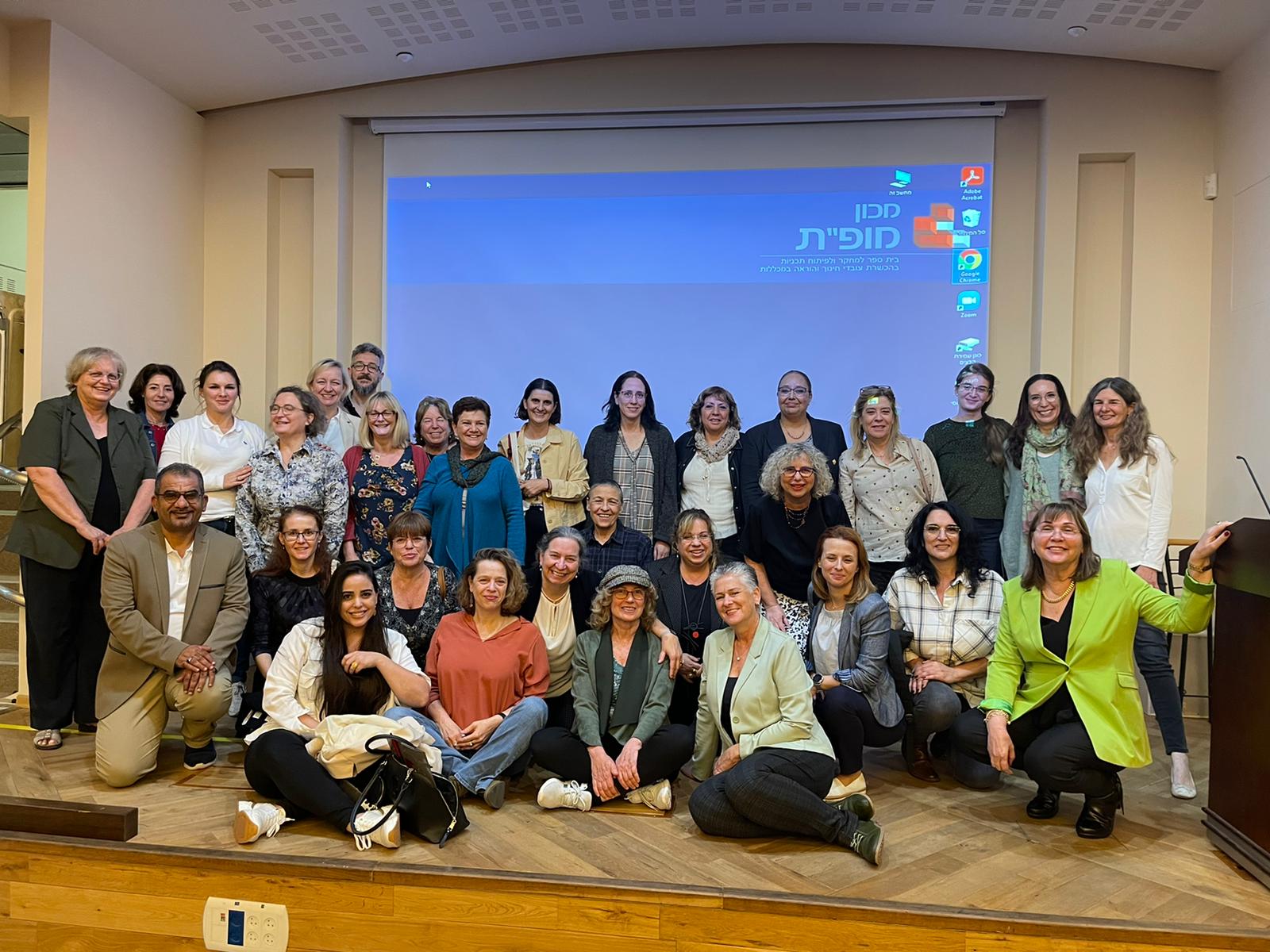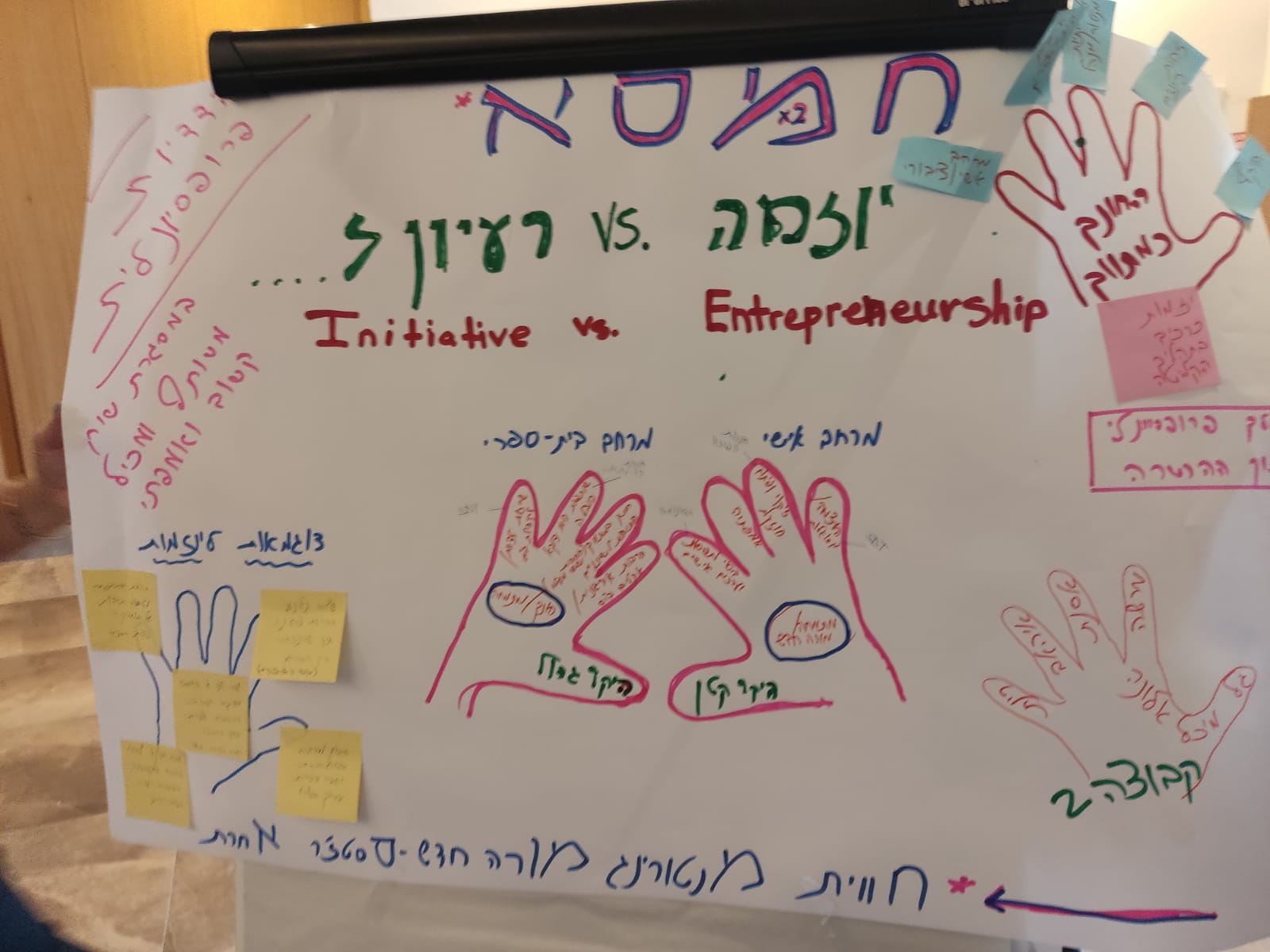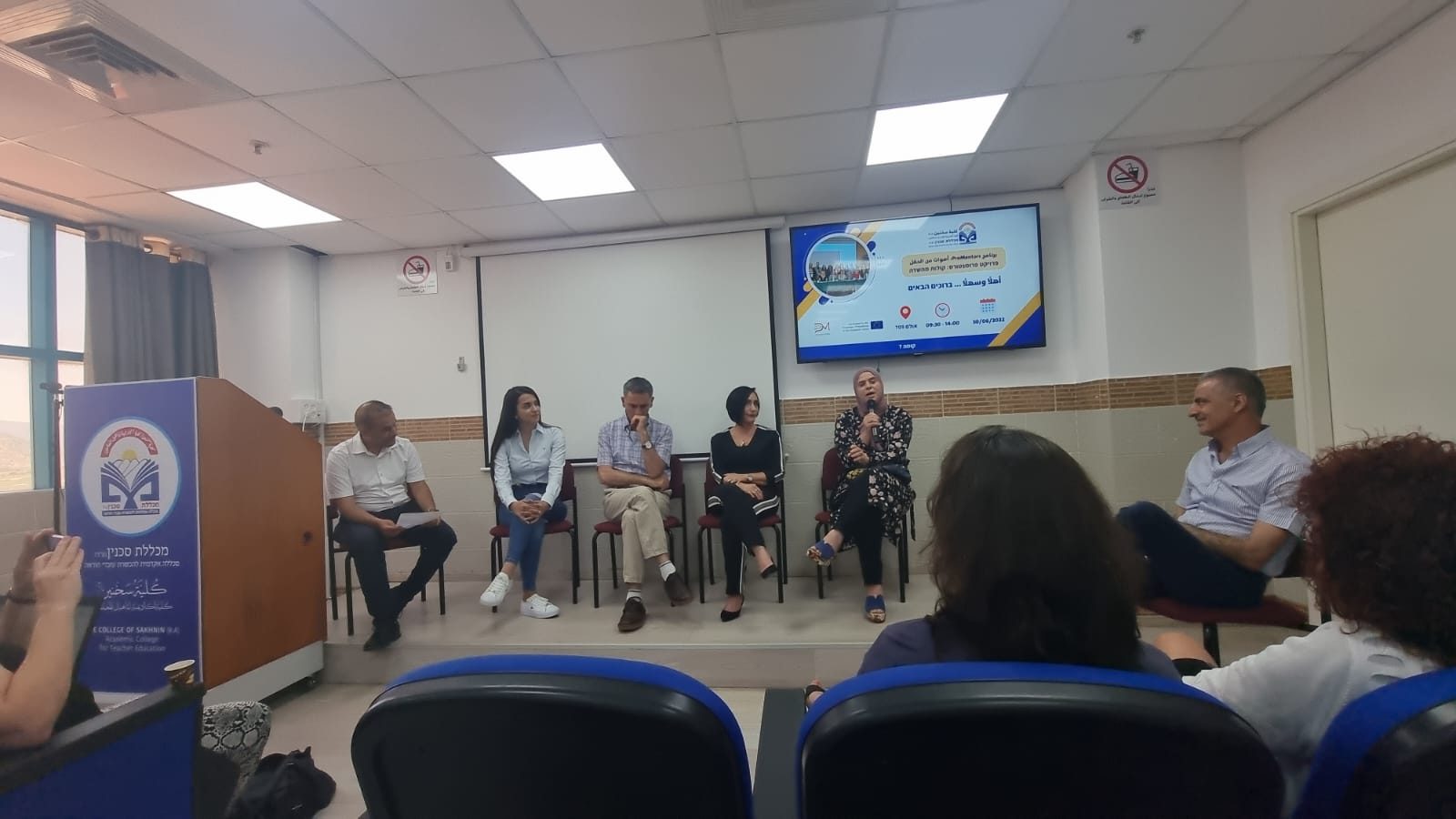On November 25-26, 2020, the Israeli and European partners of the Erasmus+ Promentors project met virtually for a two-day conference focusing on what has been accomplished thus far and plans for the coming months. It was a rewarding opportunity to learn from each other, share knowledge and present the project’s accomplishments, processes, and successes, as well as its challenges.
The first day focused on a discussion of the achievements of the project from its initiation until the current time with an emphasis on the collaborative effort and excellent work being done by the partners on the work packages and a discussion of the planning of the mentor courses’ syllabi and their implementation in the field. The day continued with a presentation of issues dealing with the courses’ syllabi and a session of sharing syllabi with partners in a round-table type group work in Zoom breakout rooms. The final presentations, dealing with the challenges of creating mentor courses, were given by the newest members of the team, El-Kassami and Hemdat Hadarom Colleges.
On the second day, an overview was given of the evaluation process, which will be implemented in each college in December and at the end pf the school year, based on interviews and questionnaires given to both mentors and stakeholders, in order to understand and evaluate the level of success of the process and project during the first year of its implementation in the field. The day continued with group work discussions, based on the project’s objectives, of what the successes and the challenges of the project are so far and finding ways to address those challenges. The session continued with an overview of findings of research done on previous mentor courses in order to learn how these findings are relevant to the Promentors mentors’ courses and what adaptations could be incorporated in the current and future courses. An overview of the current course in Lakiya (Bedoin settlement in south Israel, that work with Kaye college) was presented, as well. The Finnish team gave insights into the integration of the PGM and other models into the Israeli courses and the need to adapt according to specific context and culture of the participants and region. Stazkal, a website that simplifies the processes and requirements for interns, mentors and principals, was introduced and a request was made for the partners to share materials, resources and ideas to Stazkal’s new “House of Mentors” in order to create a global platform for mentors. The Polish team shared insights into the Community Model for Teachers Mentoring and its application in Israeli institutions. The final part of the day dealt with managerial issues and procedures and plans for the near future.
